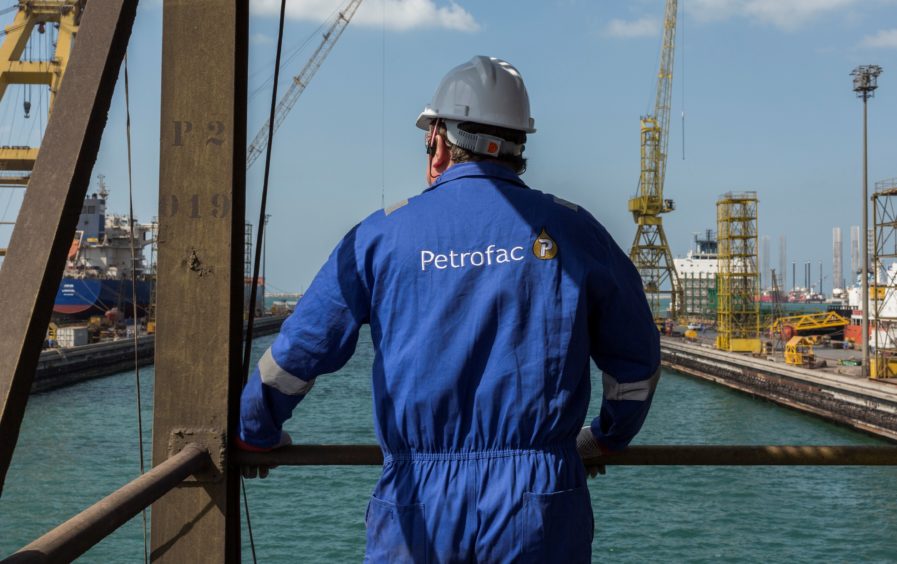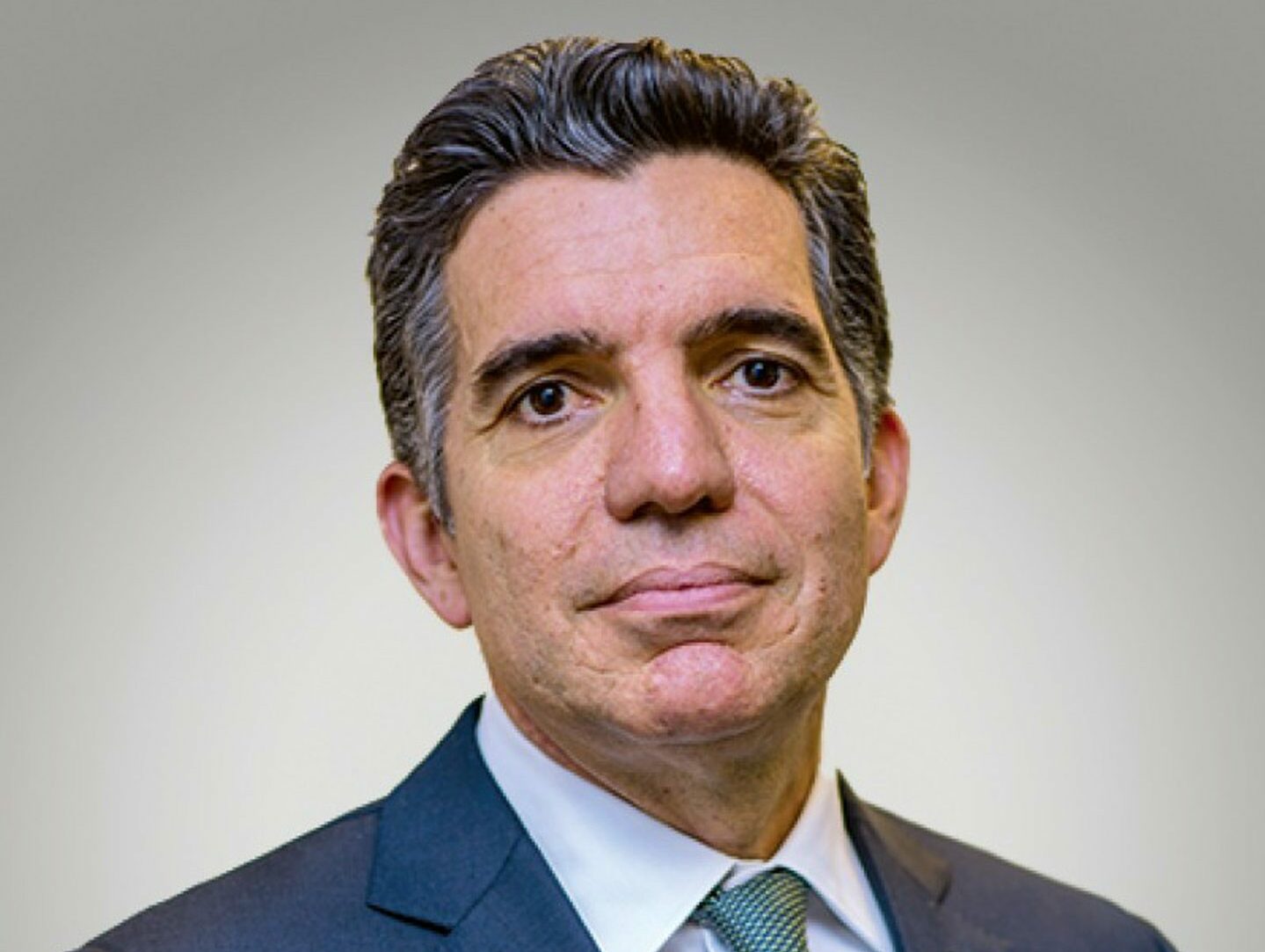
Analysts have pointed to balance sheet concerns as a potential driver for Petrofac (LON: PFC) seeing its share price plummet 50% in the last month.
The energy services giant has not shared any news since its August half-year results, which were deemed disappointing for shareholders seeking a return to profits and cash flows.
CEO Tareq Kawash said then that his priority was getting more cash through the door – which analysts say is likely to be driving concerns now.
H1 saw strong contract wins and building of the backlog with a major 13bn euro framework agreement with Dutch transmission operator TenneT, shared with Hitachi.
However, Petrofac has issues around debt, sitting at $584m at June 30 (up from $349m in December), which relies on delayed payment collections for legacy contracts for its Engineering and Construction (E&C) division.
That issue saw cash outflows of $225m in H1.
It also comes amid issues around contract financing as banks have, in the main, reduced their appetite for oil and gas firms (the market is waiting on the next contract news from Petrofac on the TenneT agreement, which is renewables focused).
In recent days, Petrofac bonds have been trading at their lowest level in 11 months, and the share price has dropped from 47p on October 31, to 22p as of 11am Thursday Nov 30.
The market capitalisation of the energy services giant has slashed from over £300m in October to around £116m.
The next trading update is due on December 20, Petrofac declined to comment on the share price movement.
Derren Nathan, head of equity research at Hargreaves Lansdown, said: “Certainly the first half results were disappointing so there’s still a lot to do in order to convince the market Tareq Kawash can help Petrofac reach its medium term targets of $4-$5bn of sales annually and a return to industry-leading margins.
“Last year’s most profitable division was Integrated Energy Services and at the last check Petrofac guided that the division would see EBITDA fall from $109m to between $65m and $75m but that was based on $85 oil and Brent is now at around $80.
“There’s a healthy order and bid pipeline in Engineering & Construction but concerns around the balance sheet could impact the ability to deliver if they’re not resolved.”
Petrofac had a backlog of $6.6bn during H1, up from $3.4bn as of December 31.
Investors scenting blood
Some shareholders have pointed to “short sellers” upping their positions in recent weeks – a process of selling off borrowed shares and buying them back at a reduced price, then pocketing the difference once repaying the initial loan.
Ashley Kelty, analyst at investment bank Panmure Gordon said there has been a steady increase, making Petrofac one of the most shorted companies in the market.
Ultimately, though, he doesn’t see market manipulation as the driver for the poor performance at the firm, which employs 8.500 people worldwide.
“PFC has been heavily shorted for a long time now, but there has been a steady increase in the level of shorting on PFC in recent days.
“The shorts appear to be linked to concerns about their balance sheet, with bonds trading at the lowest level in 11 months. The shares are also well below the 50 and 100 day moving averages, so this sets off some of the technical trading which can lead to an acceleration of the share price fall.
“Negative sentiment towards the OFS sector hasn’t helped. I don’t see this as market manipulation, but more a case of investors scenting blood.”
Recommended for you


